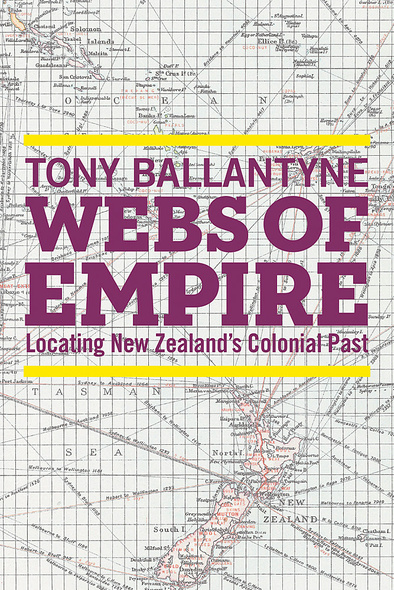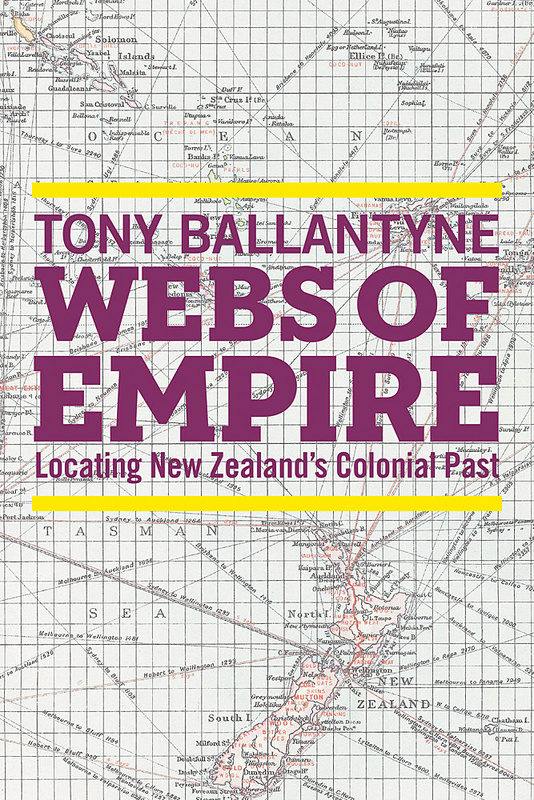
Breaking open colonization to reveal tangled cultural and economic networks, Webs of Empire offers new paths into colonial history. Linking Gore and Chicago, Maori and Asia, India and newspapers, whalers and writing, Ballantyne presents empire building as a spreading web of connected places, people, ideas, and trade. These links question narrow, national stories, while broadening perspectives on the past and the legacies of colonialism that persist today. Bringing together essays from two decades of prolific publishing on international colonial history, Webs of Empire establishes Tony Ballantyne as one of the leading historians of the British Empire.
Webs of Empire demonstrates Tony Ballantyne’s archival richness and mastery of his profession, provoking new interpretations of history and historians. This is compelling and essential reading.
Attentive to the arguments of post-colonial theory, demonstrating a strong historiographic sensibility, and firmly grounded in New Zealand and other archives, this timely book offers a thoughtful challenge to the primacy of national history. Stressing the lumpiness of the past, Ballantyne sees places as knot-like conjunctures produced by the convergence of imperial networks with local webs of interdependence mediated by institutions operating at various scales. These diverse essays offer insight and pleasure to anyone interested in the colonial past.
Preface: Connections, Comparisons and Commonalities
Note on Language and Usage
Introduction: Relocating Colonial Histories
Reframing Colonialism
1 Race and the Webs of Empire
Connections
2 Writing Out Asia
3 Teaching Maori About Asia
4 India in New Zealand
5 Te Anu's Story
Empire
6 Sealers, Whalers and the Entanglements of Empire
7 Christianity, Colonialism and Cross-Cultural Communication
8 War, Knowledge and the Crisis of Empire
Writing
9 Archives, Empires and Histories of Colonialism
10 Mr. Peal's Archive
11 Paper, Pen and Print
12 Writing and the Culture of Colonisation
Place
13 Thinking Local
14 On Place, Space and Mobility
Conclusion: Writing the Colonial Past
Editorial Note
Endnotes
Index





